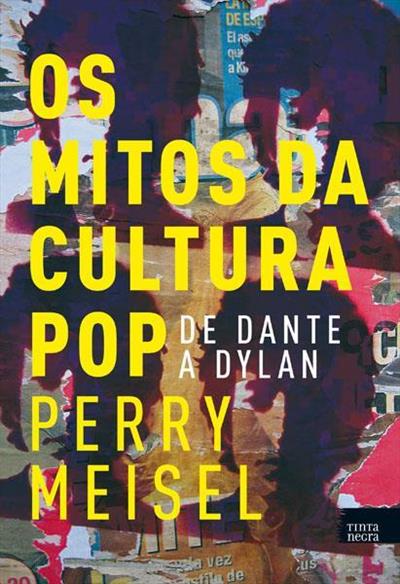by Perry Meisel
To call Bishop's music the blues may be putting too fine a point on grooves that range from swing (both dance-band and country), to funkadelicate soul things; I guess the real word for it must be rock and roll. For almost five years now, Bishop has been fronting a traveling band that plays the kind of stuff you might be privileged to stumble upon some luminous Friday night at a roadhouse deep in the country. It might be Texas, with chicken-shack tenors yakking up a storm, or maybe Mississippi, with chortling guitars; it might move closer to the city, with Melvin Seals bubbling on Hammond organ; it might even be suburbia - this is a democratic band - with Mickey Thomas, a cross between Little Eva and Little Stevie Wonder, just before they became Mark Farner, singing up high. With Bishop's apprenticeship in the Butterfield Blues Band anchoring his whole career, his music sums up a flexible blues belt traditionalism with one foot in Chicago and the other somewhere in the vast rural tract stretching north from Dallas to the Texas panhandle, up through the plains states, then east toward Memphis, and lately - with these double guitar leads - back down to Macon. Bishop has also been putting out records of comparable breadth and consistency on Capricorn for four years (my favorite is Let It Flow), and has recently released a live twofer that's as fine a concept LP as you're likely to hear (Raisin' Hell).
The music's conceptual and geographical range is matched by the way the band hits you onstage, spread out in a big, comfortable semi-circle with plenty of room to jump around in. But there's plenty of brassy snap to keep you rocking steady right there in your seat, too. With virtually no jive in sight, the band spins relaxation and craftsmanship into quality fun. It's a setting in which soloists are allowed to find a groove at the beginning of a set; they're not limited to one-chorus rides meted out like so many bowls of gruel to wage-slaves. No, here altoist Jerry McKinney could take his time during the first few choruses of his opening solo on a slow blues, spitting out a terse soul line and then feeling free to lace it through some 16th-note variations on the changes, confident that the foray could always resolve itself in an equally terse finale if the ideas dried up. But if things felt good - as they did when Bishop and his boys were at the Palladium in mid-February - he could pluck more high-voltage riffs from the band's fecund rhythms, setting the pattern of performance that buoyed the soloists throughout the evening.
Bishop himself roams the (physical and musical) space with comic urgency, sputtering a lick on his red guitar like some zany frontier humorist, then cocking his head with a wriggle of his frizzy mop as though to scrutinize the phrase for the quality of its foresight. Will it lead to something dramatic when the four-chord comes around? Or will he be forced to rethink his moves completely? When the solo is almost over - neat as hell, of course, and unexpected in its symmetry - Elvin will spin on his heel and shuck back to his place in the platoon behind Mickey Thomas and second guitarist Johnny Vernazza, reeling off the descending chords that signify the solo's end with his back facing the audience.
The style of Bishop's comic energy evokes Michael J. Pollard or even Soupy Sales, especially now that he's gotten rid of the cowboy hat. He cakewalks up and down the edge of the stage - aided by a transistor device in his guitar that allows him to romp and play at will without an umbilicus tying him to a particular spot - like a white and belated version of Chuck Berry. The witting uncool way he waddles on his haunches signifies both an honesty and a security rare in the musicians of his generation.
Hence, the purity and relative innocence of both the music and its style of performance are themselves the sign of something beyond the good old fun they invoke with such exuberance. For all its vitality, Bishop's is an almost monastic vocation, rooted in years of tradition and with a peculiar kind of anonymity as its constant precondition. After all, living on the road is a lonely and a trying way to make a living, with little more to keep you warm than endless hamburgers and "drinking whiskey in airport bars," as Bishop describes it on "I Love the Life I Lead." With a humanity that is both the cause and the result of his inability to fetishize stardom and massive popularity, Bishop's secure maintenance of the traditions that sustain his music calls to mind the way in which medieval cathedrals were built over periods of time that outspanned the lives of all the anonymous hands that contributed to their construction. Blues belt music like Bishop's is a scholastic edifice in its own right, complete with the assurance and quietude that can only come from humble participation in a system bigger than any of its priests. For Bishop, the music itself is its own and only real reward - he holds the keys to the kingdom, and the highway, every night he plays.
Originally published in The Village Voice, March 6 1978
Sample view:




